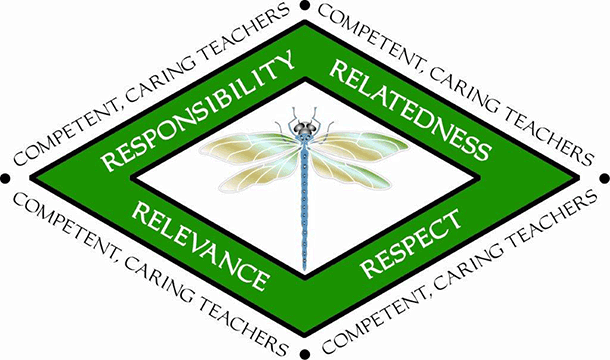About
Who We Are
The Teacher Education department at United Tribes Technical College in Bismarck, North Dakota is dedicated to making a quality education a reality for every student in the United States, specifically those from culturally, linguistically and ability diverse backgrounds. The professional educators who graduate from our programs exemplify the unit’s conceptual framework as “competent, caring teachers”.
As a student in Teacher Education at UTTC, students will encounter a rigorous academic environment energized by a dedication to creating brighter futures for all – both learners and educators. We take pride in our innovative research-based programs, the emphasis throughout the program on developing critically reflective thinking processes, and strong community partnerships in field placements, professional organizations and service learning.
Our programs of study include coherent and relevant curriculum that meet North Dakota program approval standards as well as specific industry standards.
Mission
The UTTC Teacher Education unit prepares teachers as decision-makers who are reflective, competent educational leaders, caring of and committed to families and community and dedicated to maximizing the potential of all children, especially American Indian children.
The Teacher Education mission is consistent with the institutional mission and vision of skilled, knowledgeable, culturally-grounded, healthy graduates from an institution that is a leader in Tribal education, arts, cultural preservation, technology, research and the humanities.

Vision
The UTTC Teacher Education graduates are prepared to embrace the joy and meet the challenges of teaching all children in the 21st century.
Preparing Competent, Caring Teachers
The conceptual framework of the UTTC Teacher Education program is based on the philosophy that a competent, caring teacher is prepared to teach all children. We believe that teaching from what was traditionally a Native perspective is the best way for all children to learn.
A Native perspective begins with recognizing the child in the context of family, community, and culture. Learning is a natural part of human growth, development, and socialization in all cultures. In many cultures, particularly Native American, the learning experiences that constitute education are based in cultural values of relevance, relatedness, respect, and responsibility – referred to in this framework as the “4 Rs”.
Relevance
Relevance is demonstrated through meaningful and authentic learning experiences tied directly to state and national standards. Candidates learn and experience reflective practice through field placements in the classroom under mentor and instructor guidance. They are provided the opportunity to engage in opportunities that are meaningful and relevant to one’s life and interests.
Relatedness
Relatedness is believing and behaving as if you are a relative to another person or thing. It is demonstrated and reinforced through collaborations with children, families, colleagues and the community.
Respect
Respect is a very important traditional Native value. Respect is demonstrated through student contributions and their respect for others’ contributions. The disposition of respect is demonstrated through courtesy, kindness, and acceptance of individuals and their contributions.
Responsibility
Responsibility is a core value of Native cultures as well as the teaching culture. Candidates are expected to demonstrate accountability for their actions and decisions as they engage in their general education and teacher education curriculum.

The 4Rs are integrated throughout the UTTC Teacher Education unit and programs(s) and are placed in the context of a holistic world-view and global interconnectedness. These and other values will prepare teacher candidates, and in turn the children they will teach, to be productive members of society and have a good quality of life.

